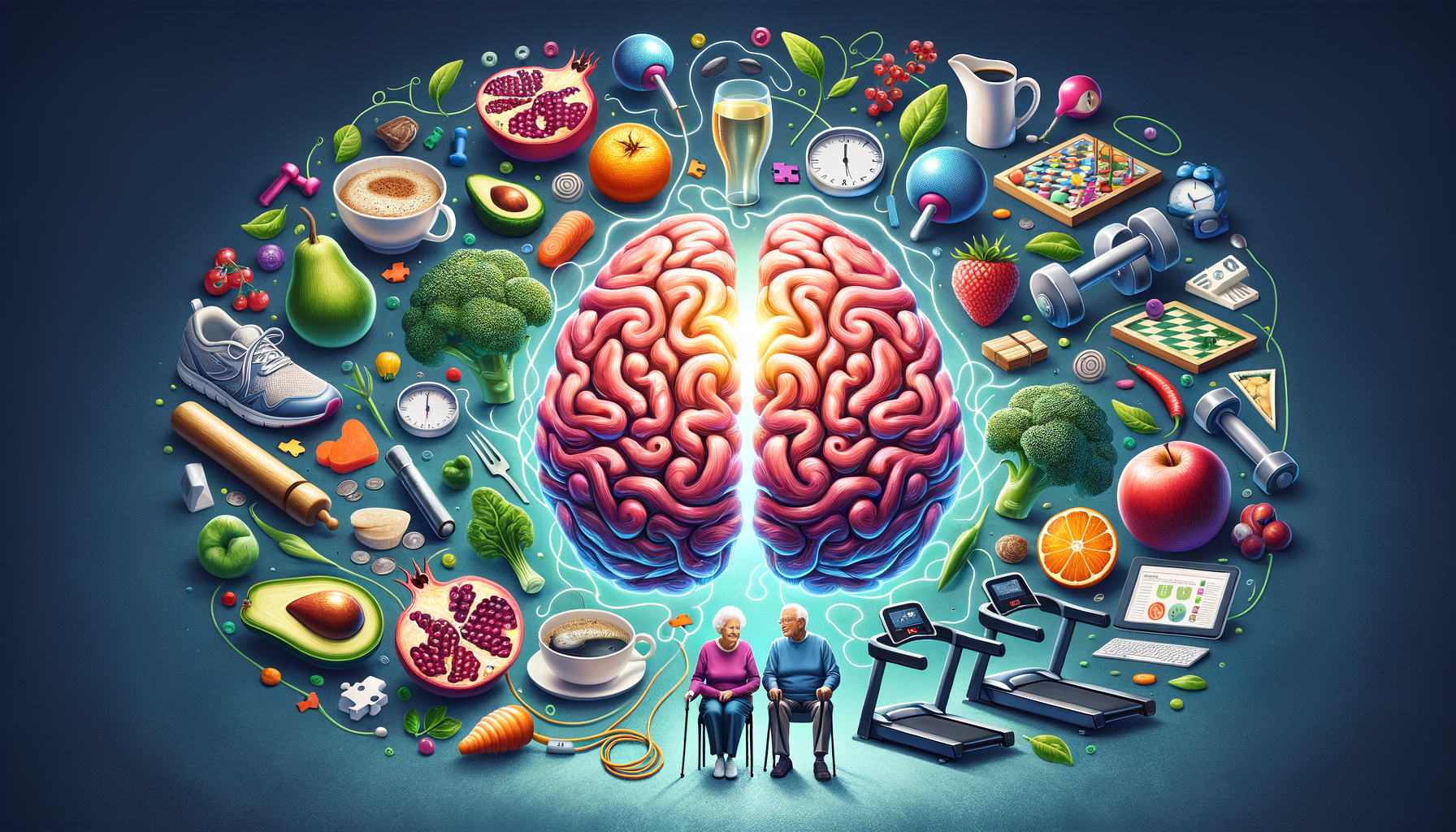Ways Lifestyle Changes May Help Prevent Memory Loss in Seniors
Does aging naturally include a decline in memory function? Examining how shifts in daily routines might influence cognitive health becomes a relevant consideration. Exploring various approaches can shed light on potential avenues for supporting memory as the years progress.

The Power of Physical Activity for Brain Health
Physical activity is not just beneficial for the body; it plays a crucial role in maintaining brain health, especially as we age. Regular exercise has been shown to enhance cognitive function, reduce the risk of cognitive decline, and even improve memory. Engaging in activities such as walking, swimming, or yoga can increase blood flow to the brain, which helps in the growth of new brain cells and the development of neural connections.
Studies suggest that exercise can stimulate the production of neurotrophic factors, which are proteins that aid in the survival and growth of neurons. This biological process is essential in maintaining cognitive function and preventing memory loss. Furthermore, physical activity can reduce the risk of developing conditions such as dementia and Alzheimer’s disease, which are often associated with aging.
Incorporating physical activity into daily routines doesn’t have to be strenuous. Simple activities like gardening, dancing, or even taking the stairs instead of the elevator can contribute significantly to brain health. The key is consistency and finding activities that are enjoyable, which increases the likelihood of maintaining a regular exercise routine.
Diet and Nutrition: Fueling Your Mind After 60
As we age, the importance of a balanced diet becomes more pronounced, particularly for brain health. Consuming a diet rich in fruits, vegetables, whole grains, and lean proteins can provide the necessary nutrients to support cognitive function. Omega-3 fatty acids, found in fish such as salmon and mackerel, are particularly beneficial for brain health as they have anti-inflammatory properties and can improve neuronal communication.
Antioxidants, present in foods like berries, nuts, and dark chocolate, help combat oxidative stress, which can damage brain cells. Additionally, vitamins such as B6, B12, and folic acid are crucial for maintaining healthy brain function. These can be found in foods like eggs, leafy greens, and legumes.
Staying hydrated is equally important, as dehydration can lead to confusion and memory issues. It’s essential to drink adequate water and limit the intake of caffeinated and alcoholic beverages, which can dehydrate the body. By prioritizing a nutrient-rich diet, individuals over 60 can support their cognitive health and potentially delay the onset of memory-related issues.
Social Engagement: Staying Connected and Sharp
Social engagement is a powerful tool for maintaining cognitive health in seniors. Interacting with others can stimulate the brain, reduce stress, and enhance overall well-being. Participating in community activities, joining clubs, or volunteering can provide opportunities for social interaction and mental stimulation.
Research indicates that social engagement can delay the onset of memory decline and reduce the risk of dementia. Engaging in conversations, playing games, or participating in group activities challenges the brain and keeps it active. This mental exercise is crucial for maintaining cognitive sharpness.
Moreover, social connections can provide emotional support, reducing feelings of loneliness and depression, which are known to negatively impact cognitive health. By fostering relationships and staying socially active, seniors can enjoy a more fulfilling life while supporting their brain health.